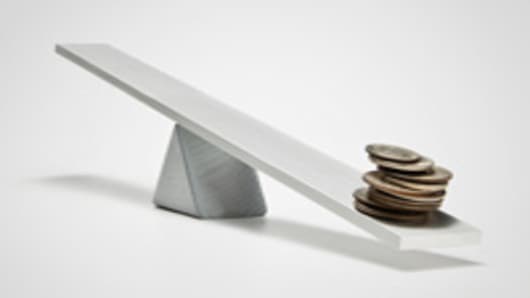One surprising thing I discovered is that many people who are hoarding nickels are doing so as a hedge against hyper-inflation.
How do you buy currency to hedge against inflation in that currency?
SurvivalBlog argues that when countries revalue their currencies by dropping a zero in the aftermath of inflation, they often merely revalue the paper money. The coins are left circulating at face value.
As previously noted in SurvivalBlog, inflation of the U.S. dollar has been chronic, cumulative, and insidious. So much so that turns of phrase from old movies like "penny candy" and "its your nickel" (to describe the cost of a call on a pay phone) now seem quaint and outdated. When inflationgoes on long enough, the number of digits required to express a price grows too large. (As has been seen with the Italian lira, the Zimbabwean dollar, and countless other currencies.) One whitewash solution to chronic inflation that several other nations have chosen is dropping one, two, or even three zeros from their currency, in an overnight revaluation, with a mandatory paper currency exchange. The history of the past century has shown that when doing so, most governments re-issue only new paper currency, but leave the old coinage in circulation, at the same face value. This is because the sheer logistics of a coinage swap would be daunting. Typically, this leaves the holders of coinage as the unexpected beneficiaries of a 10x, 100x, or even 1,000x gain of the purchasing power of their coins. Governments just assume that most citizens just have a couple of pocketfuls of coins at any given time. So if a currency swap were to happen while you are sitting on a big pile of nickels, then you would make a handsome profit. To "cash in," you could merely spend your saved nickels in the new currency regime.
Hoarding nickels may also be a bet that the composition will change.
It seems impractical for the U.S. to continue minting coins with face values below the cost of their metal. So eventually the government may start using less nickel in the nickels. This could inflate the value of the pre-change nickels.
So maybe nickle-hoarding isn't knuckle-headed.
Questions? Comments? Email us atNetNet@cnbc.com
Follow John on Twitter @ twitter.com/Carney
Follow NetNet on Twitter @ twitter.com/CNBCnetnet
Facebook us @ www.facebook.com/NetNetCNBC



